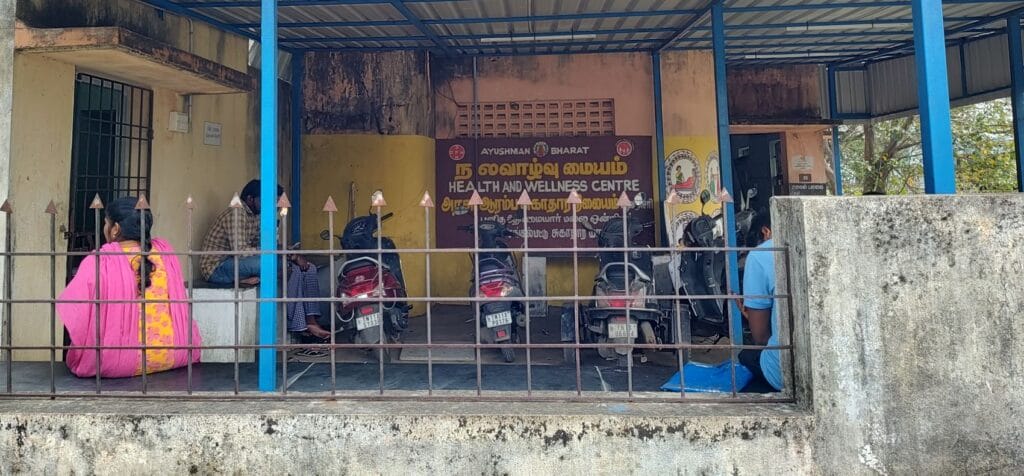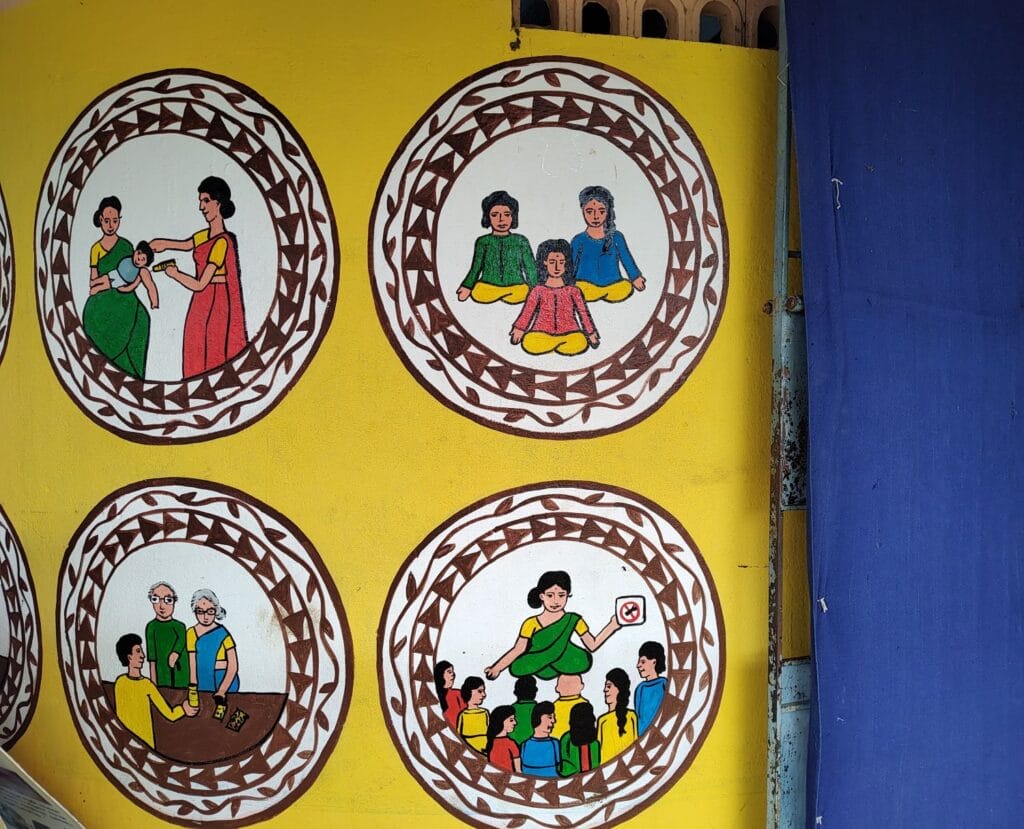The Tamil Nadu government mandates that expectant mothers register their pregnancies for two significant reasons: first, to enable economically underprivileged women to access monetary benefits through a state-central government shared scheme, and second, to facilitate the issuance of a birth certificate for the newborn.
Since January 2018, pregnancy registrations have become compulsory in Chennai, driven by the Government’s goal of reducing the maternal mortality ratio through consistent monitoring of pregnant women’s health, said Dr M Thangamani, a gynaecologist.
A crucial aspect of the registration process is a unique Reproductive and Child Health Identity Number (RCH ID) that is issued to every mother by the Department of Public Health (DPH). This ID must be presented at scanning centres and hospitals during monthly check-ups. Importantly, the RCH ID is not exclusive to economically disadvantaged, pregnant women; it is required for anyone seeking to obtain a birth certificate for their child.
Despite the wealth of information available on online pregnancy registration, there is a worrying trend of pregnant women completing the process belatedly. This delay poses a risk, leading to disqualification from government schemes designed to support maternal and child health.
In the first part of the series on schemes for pregnant women in Chennai, let’s explore the procedure for registering pregnancy and the associated benefits that can be availed.
The complete guide to pregnancy registration
The pregnancy can be registered in Chennai even if the woman chooses to go to her parents’ home (or husband’s parents’ home) for the delivery, in a different district in Tamil Nadu. On paper, the state government encourages pregnant women to pre-register their pregnancy online.
Elizabeth, a health nurse at the Government Primary Health Centre in Paduvanchery said, “Pregnant women, who cannot visit the primary health centre (PHC) can pre-register online before their third month. However, it is mandatory to pay a visit to the PHC to get the RCH ID.”

Here is the link to pre-register the pregnancy.
This is the step-by-step procedure for the registration:
- Locate the nearest PHC close to the address of either of the parents. The Greater Chennai Corporation website gives the list of Urban Primary Health Centres across the fifteen zones of Chennai.
- Register your pregnancy within the first twelve weeks to avail yourself of the benefits. To register the pregnancy, you will need the address proof of both the parents and the scan reports from the gynaecologist.
- Submit the documents to the village/urban health nurse at the PHC. Mondays are apt for paying a visit to the centre.
- Remember to save the mobile number of the nurse. He/she is in charge of periodically monitoring the health of the pregnant women in the locality.
- The doctor from the PHC will do a general check-up, as part of the procedure, after the health nurse has checked the required documents.
- A unique RCH ID, generated by the Department of Public Health, will be sent to your mobile number within a month of completing the formalities at the PHC. The same ID can be used for subsequent pregnancies.
- Keep the ID handy to submit it at the hospital during the delivery, to obtain your baby’s birth certificate.
If the health nurse is not keeping a tab on your health, you can lodge a complaint with the toll-free number — 104. The medical officer concerned, will investigate the case. If the RCH ID is invalid, you can lodge a complaint on the toll-free number — 102.
Read more: What I observed during a day spent at a UPHC in Chennai
What are the benefits?

Once the pregnancy is recorded by the government, the expectant mother becomes eligible for monetary benefits under the ‘Dr Muthulakshmi Reddy Maternity Benefit Scheme-Pradhan Mantri Matru Vandana Yojana (PMMVY).’ Under this scheme, pregnant women get ₹18,000 (TN’s share is ₹15,000, while the Centre’s share is ₹3,000). Of the total amount, ₹14,000 is given as monetary benefit, while the rest is distributed in the form of a health benefit kit.
“The scheme is applicable for the women whose family’s (hers and her husband’s included) annual income is less than ₹1.2 lakh. Another important criterion is that the woman should deliver the child in a government hospital in Tamil Nadu,” an information officer told this correspondent when she called 104.
The financial assistance and nutrition kit will be distributed in instalments. An initial sum of ₹2,000 and a nutrition kit will be given in the third and fourth months respectively. Another ₹4,000 will be provided immediately after delivery and again after the completion of the three doses of oral polio vaccine/Rota/Penta Valent and two doses of inactivated polio vaccine.
The remaining ₹2,000 will be disbursed after the administration of the Measles Rubella vaccine to the infant between the 9th and 12th month.
The nutrition kit, which is provided as part of the scheme in the third and fourth months of pregnancy to the women consists of 1 kg health mix powder, 3 IFA (Iron Folic Acid) syrup, 1 kg dates, 500 gm of protein biscuits, 500 gm of Aavin ghee, a towel and three Albendazole tablets to treat worm infections.
| Time period | Benefit |
| Third month | ₹2,000 and a nutritional kit worth ₹2,000 |
| Fourth month | ₹2,000 and a nutritional kit worth ₹2000 |
| After delivery (in government hospital) | ₹4,000 |
| Three months after delivery (penta valent vaccine) | ₹4,000 |
| When the baby is between the 9th and 12th month | ₹2,000 |
What is the eligibility criteria?
- The woman should be above 19 years of age and should have registered or pre-registered her pregnancy before her 3rd month.
- The scheme is awarded to the women for two deliveries only. A miscarriage or an abortion is counted as one of the pregnancies.
- “Even if the pregnant woman had to deliver the child in a private hospital, she is eligible to receive the first two instalments,” said B Tamilselvi, a community health nurse.
- If the woman suffered a miscarriage or underwent an abortion in the fourth month of her second pregnancy, she would receive only ₹2,000 and a health kit worth ₹2,000 in her third pregnancy, Tamilselvi added.
- Family planning is one of the mandatory procedures for availing of the scheme.
- “The last two instalments are given for women who undergo temporary family planning, in case of the first delivery and a permanent family planning procedure after the second delivery,” explained Tamilselvi.
- Government employees are not eligible for the scheme. Women delivering the baby in a private hospital or a hospital outside Tamil Nadu cannot claim the third instalment benefits.